Maple syrup is a tree sap produced mainly in Canadian Quebec. Canada is associated with this product but is also made in the US. The raw material is harvested in early spring, during the first snowmelt. Holes are drilled in maple trees, extracting the golden liquid. It is then evaporated until a thick, sweet syrup is obtained.
The finished syrup has a liquid consistency and a golden color. Darker shades are more intense in taste. The trees from which the juice is obtained must be at least 30-40 years old. Various varieties of maple trees are used in maple syrup production. These belong to sugar maple, black maple, and red maple. One tree provides up to 50 liters of sap in a 4-8 weeks season.

Maple syrup is a natural sweetener with a distinctive aroma and flavor. Many also reach for its health-promoting properties, believing it pleasantly provides them with vitamins and minerals. The original syrup should only be the evaporated sap extracted from the trunk of a maple tree, so it is worth taking a close look at the product you are buying and reading its composition. The answer could be clearer-cut, as it contains many valuable ingredients for the body but must be consumed in moderation.
Maple syrup contains many nutritional values that are valuable for health. However, it is essential to remember that it is a sweet product containing many calories. It is very often used as a healthier substitute for white sugar. Let's find out what nutrients maple syrup has.

In the chemical composition of this delicious syrup, you will find primarily carbohydrates, including sugars. Therefore, the product has a high glycemic index. Maple syrup in 100 grams has about 260 kcal![]() . Consequently, it will not be suitable for people with diabetes or those on weight loss diets. Maple syrup is very high in sucrose
. Consequently, it will not be suitable for people with diabetes or those on weight loss diets. Maple syrup is very high in sucrose![]() . There is no doubt that sugar in excess is not healthy. However, unlike white sugar and many of its substitutes, maple syrup also provides valuable substances for health, which is why it is considered one of the healthiest sugar substitutes.
. There is no doubt that sugar in excess is not healthy. However, unlike white sugar and many of its substitutes, maple syrup also provides valuable substances for health, which is why it is considered one of the healthiest sugar substitutes.
Sucrose is an organic substance component of the disaccharide carbohydrate group. Sucrose is a disaccharide of two elements, glucose and fructose, linked by a glycosidic bond. Sucrose is found in most products, so additional sweetening of foods causes an excess of this compound in the body. Sucrose does not provide the body with any nutritional value. It is only a source of energy for the body.
Maple syrup contains vitamins in addition to sugar. For this reason, it is considered a healthier sugar substitute. White sugar from sugar cane does not have the same vitamin value as maple syrup. Maple juice has mostly B vitamins![]() .
.

Vitamin B2, also known as riboflavin, is an organic compound consisting of ribitol and flavin, essential in the human body. It is vital for health, well-being, and beauty. Riboflavin supports the work of the nervous system and the immune system. It has a significant impact on the functioning of the organ of vision. It enables oxygen transport in the lens, reduces the risk of cataracts, and enables proper vision.
Niacin(vitamin B3) is involved in more than 300 biochemical reactions in the human body and is necessary in virtually every aspect of metabolism. Niacin is found in all cells and is interested in synthesizing sex hormones. At the same time, it combines and breaks down fatty acids, carbohydrates, and amino acids. It is irreplaceable in essential enzymatic reactions during metabolism.
Biotin is a chemical substance that is included in the B vitamins. Biotin is most often associated with its positive effects on the skin's health, hair, and nails. In addition, biotin is beneficial in reducing hair loss and improving skin condition. There are also reports that biotin determines the normal function of the thyroid gland and has a beneficial effect on the concentration of glucose and certain fatty compounds in the blood.
Folic acid is the colloquial name for a large group of compounds that is expertly referred to as folate. This B vitamin plays a comprehensive role in the body and is crucial for women planning a pregnancy. Folic acid properly function the nervous, blood-forming, and cardiovascular systems. Together with vitamin B12, it has an essential function in cell growth, development, and reproduction. It is a substance that must be supplied in the diet since the body cannot produce it independently.

In addition to vitamins, maple syrup is a wealth of minerals. Minerals are essential elements when it comes to human health and beauty. It is exogenous compounds, that is, compounds that are not synthesized by our body. Supplying them from the outside in the proper doses and proportions is necessary to care for ourselves properly. Maple syrup has many minerals in its composition. The highest values are reached by calcium, potassium, zinc, manganese, and magnesium.
Calcium is the primary building material of bones and teeth but is an essential activator of many enzymes involved in blood clotting. It regulates the nervous system, affecting nerve impulses. Calcium also affects muscle function and hormone secretion. It is worth remembering that the demand for this element increases sharply during pregnancy because you have to ensure adequate amounts of calcium for the child's proper development.
Potassium is one of the electrolytes necessary for maintaining homeostasis. It is involved in transmitting electrical impulses, regulating water balance, and participates in insulin secretion by the pancreatic islets. It directly affects the functioning of the muscular, cardiovascular, and nervous systems. Both too much potassium and its deficiency are conditions that are not conducive to the body's homeostasis.
Zinc is an element that is not stored in the body, so it should be supplied regularly with food or through proper supplementation. Zinc is present in the structure of several hundred enzymes, acting as their essential catalyst. The mineral also contributes to lowering cholesterol levels and improves the absorption of vitamins. Among other things, the element is responsible for the condition of skin and hair.
Manganese is an essential element that affects the nervous system, as well as the skeletal system. It participates in the proper digestion process and absorption of carbohydrates, proteins, and fats. In addition to it, sexual performance and adequate libido. Manganese is an element necessary for the proper functioning of the entire body, although, at the same time, the human body needs it in a minimal amount.
Magnesium is another essential element for the proper functioning of the body. It is present in bones, muscles, tissues, and intercellular fluids. It influences the work of the nervous system. Magnesium reduces the risk of depression and anxiety disorders and enhances concentration and proper brain function. It also has many functions, so supplying it to the body is essential.

In maple syrup, you will also find beneficial antioxidants that can neutralise the activity of free radicals. It protects against cancer and rapid aging. Maple syrup is, therefore, noteworthy for its very high amount of polyphenols![]() , which are essential in preventing many diseases, including cancer. Among antioxidants, maple syrup mainly contains alanine. It also contains flavonoids
, which are essential in preventing many diseases, including cancer. Among antioxidants, maple syrup mainly contains alanine. It also contains flavonoids![]() , which belong to antioxidants.
, which belong to antioxidants.
Alanine is a chemical compound that is an endogenous amino acid. Alanine has antioxidant and anti-aging properties. Doing so can improve immunity by neutralizing free radicals and reducing oxidative stress. This ingredient is also essential for physically active people. Alanine can buffer muscles, so they feel fatigued much later during physical activity.
Flavonoids are chemical compounds with vibrant health-promoting effects. They are potent antioxidants; it also has to do with their anti-cancer properties, which destroy free radicals and reduce oxidative stress. They have anti-inflammatory and antibacterial effects. In addition, they improve memory, support the maintenance of good vision, and can regulate levels of certain neurotransmitters.
Maple syrup is also a source of organic acids. It is these that give it its characteristic aroma and acidity. Organic acids in maple syrup include acetic acid![]() , malic acid
, malic acid![]() , and succinic acid
, and succinic acid![]() , among others.
, among others.
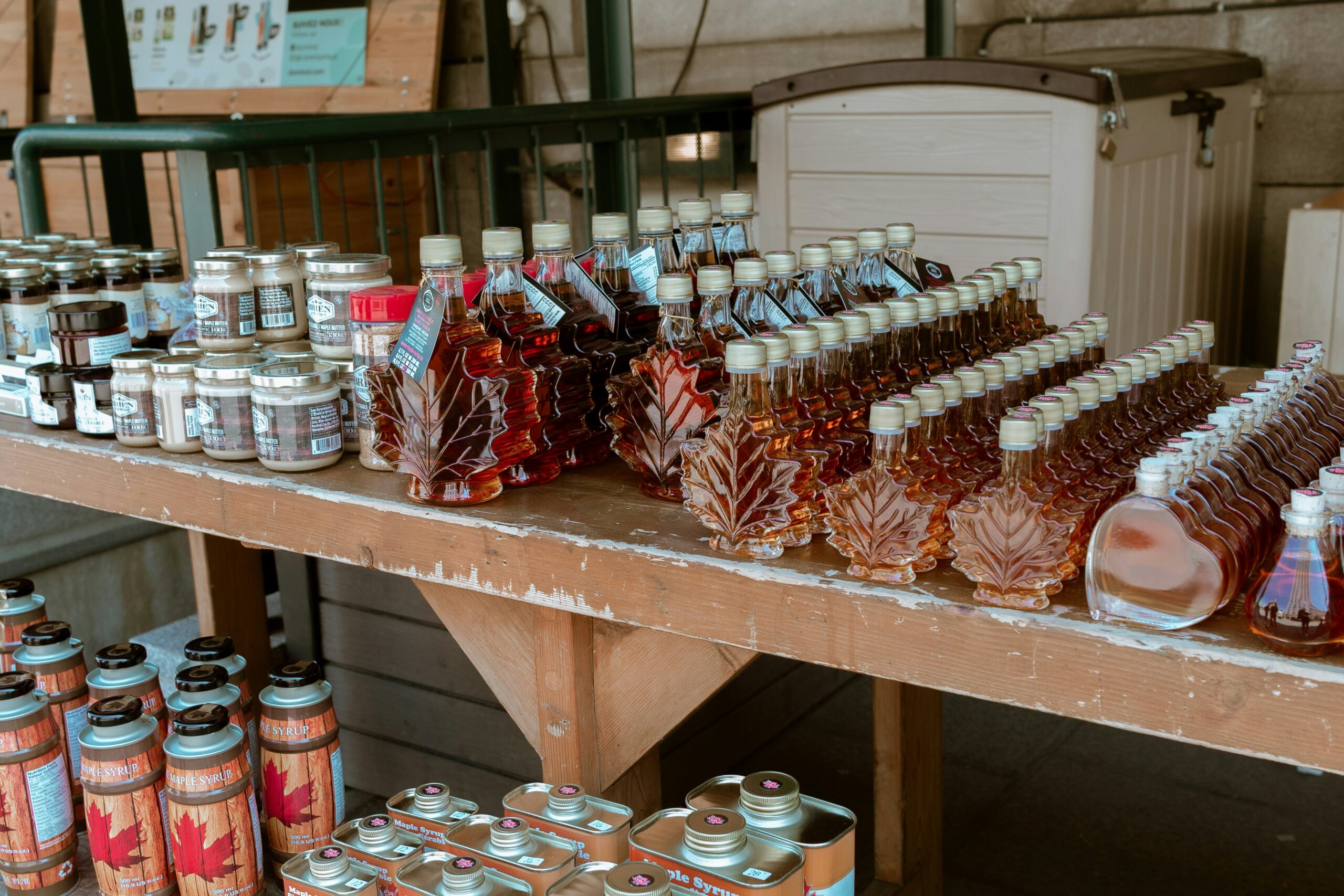
Acetic acid, used in moderation and under control, can positively affect human health. Studies show it can help control blood sugar levels after meals and aid weight loss. Food-grade acetic acid, used in reasonable amounts, is a safe ingredient for our health and life. However, when used irrationally, it can be a harmful substance for us. Its excessive consumption can cause heartburn or indigestion.
It is an organic chemical compound that is a by-product of carbohydrate metabolism. Malic acid is responsible for the characteristic slightly sour taste of foods. It has a beneficial effect on the gastrointestinal tract and also helps with weight loss. Malic acid with water stimulates the secretion of digestive enzymes and helps with indigestion. Drinking apple cider vinegar water on an empty stomach can prevent constipation.
Succinic acid is a raw material derived from amber, the fossilized, fossilized resin of trees. That's why we can find it in maple syrup. Succinic acid has many health benefits. Among other things, it relieves stomach ailments and stimulates kidney and liver function. In addition, supplying succinic acid from the outside, in supplementation, positively affects metabolism.
It is well known that diet's impact on health is vast. Large-scale scientific studies confirm the relationship between our foods and health properties. So, the foods we eat fundamentally affect what happens in our bodies. Consuming maple syrup will also have some effect. Let's focus on the positive impact that maple syrup guarantees us.
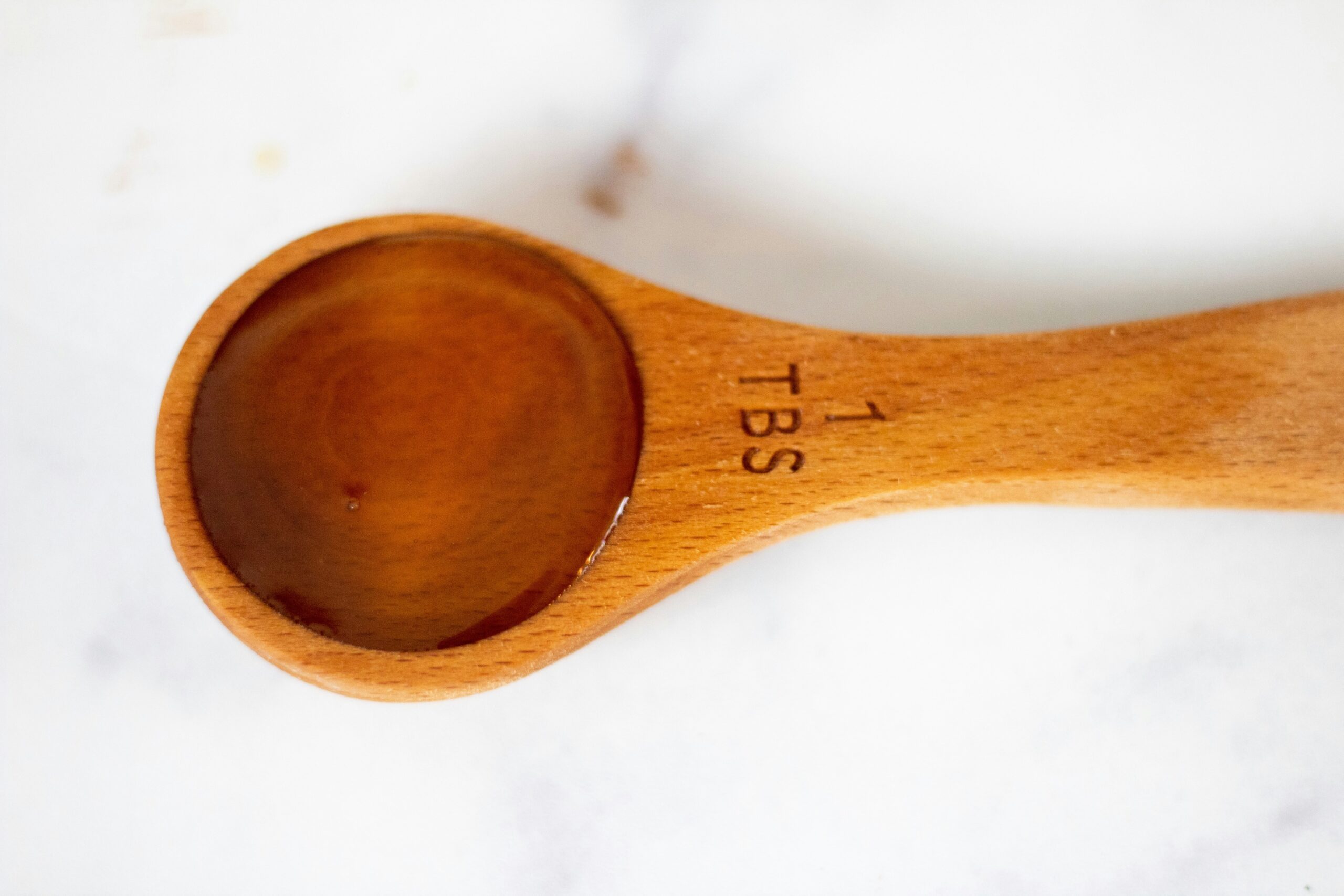
Maple syrup is a source of minerals (zinc) and antioxidants, which support the proper functioning of blood vessels, and mostly the endothelium, which is susceptible to damage generated by LDL cholesterol![]() particles. Thus, the polyphenols and minerals in maple syrup effectively lower the level of bad LDL cholesterol, reducing the risk of atherosclerosis. Also helpful is the potassium in maple syrup, which lowers blood pressure.
particles. Thus, the polyphenols and minerals in maple syrup effectively lower the level of bad LDL cholesterol, reducing the risk of atherosclerosis. Also helpful is the potassium in maple syrup, which lowers blood pressure.
Different studies have shown that consuming pure maple syrup improves liver test results. Replacing classic sugar with maple syrup significantly reduces liver enzymes, mostly AST![]() and ALT
and ALT![]() . Based on this, it can be concluded that maple syrup improves liver function. So replace white sugar with maple syrup!
. Based on this, it can be concluded that maple syrup improves liver function. So replace white sugar with maple syrup!
Maple syrup can also be used in cosmetics. Having maple syrup ourselves will make effective masks, creams, and scrubs. Maple syrup moisturizes the skin and protects it from unnecessary water loss. In addition, antioxidants protect the skin from the adverse effects of free radicals and improve the elasticity of the epidermis. Homemade face masks with maple syrup moisturize, nourish, regenerate, and firm our skin. Like honey, maple syrup applied directly to the skin can help reduce inflammation or irritation.
Rich in polyphenols, maple syrup shows high antimicrobial potential![]() and beneficial effects with various antibiotics against microorganisms. For the antibacterial goal, maple syrup extract, or in other words, an extract that is produced as a result of the extraction process, is used. The substance also relieves inflammation and lowers inflammatory markers, including neurodegenerative diseases.
and beneficial effects with various antibiotics against microorganisms. For the antibacterial goal, maple syrup extract, or in other words, an extract that is produced as a result of the extraction process, is used. The substance also relieves inflammation and lowers inflammatory markers, including neurodegenerative diseases.
According to research, maple syrup also has a beneficial effect on our gut microbiota. The oligosaccharides it contains have resulted in the growth of more probiotic strains and higher lactic acid production. Probiotic bacteria are responsible for inhibiting the growth of harmful microorganisms and bacteria. Probiotics have a preventive effect, minimizing the risk of many diseases. Therefore, it is worthwhile to take care of the intestinal flora.
Numerous studies have proven that the substances in the syrup can inhibit nitric oxide, which promotes the growth of cancer cells. The bioactive substances in maple syrup were active against colon and pancreatic cancer![]() cells. Therefore, it can be concluded that maple syrup consumption can protect against cancer cell proliferation.
cells. Therefore, it can be concluded that maple syrup consumption can protect against cancer cell proliferation.

Various types of syrups available for sale have lighter and darker shades. The final shade is influenced by the process of caramelization of the sugar during the evaporation of the syrup and the time of harvesting the maple sap. No matter what maple syrup you pick, it can be used in various ways.
Maple syrup dissolves easily in water, making it suitable for sweetening hot and cold drinks. If you are sweetening beverages, replacing white sugar with maple syrup will be more beneficial due to the syrup's better nutritional value. Maple syrup will additionally provide more flavor. You will get a particularly effective taste by combining maple syrup with coffee. However, if you have different taste preferences, it is worth remembering that lighter versions will keep the same flavor of your drink.
Maple syrup is most often used as an accompaniment to sweet dishes. It is used to make candies and lollipops. However, it can be utilized with meats, as maple syrup is versatile. You can also use maple syrup to make delicious salad dressings. As you can see, maple syrup is an exciting variety in the diet. The substance provides far fewer calories than sugar, but we should still use it in moderation.
Due to its nutritional properties, you can also use maple syrup as a cosmetic additive. You can add a few drops or more of maple syrup to your hand cream to moisturize your skin. The syrup can also be a sweet lipstick for cracked lips. In addition to it, you can combine maple syrup with other cosmetic products, increasing the moisturizing and regenerating effects.

Remember that despite the product's many benefits, excessive maple syrup consumption can have more negative health effects. It concerns the high sugar content. Excessive sugar consumption is a global health problem. Most mostly causes increased rates of obesity![]() and type 2 diabetes
and type 2 diabetes![]() .
.
Maple syrup is often presented as a replacement for refined sugar. Its consumption should not bring harmful complications if brought properly into the diet. The glycaemic index of maple syrup is lower than that of sugar but still high. It is essential to keep this in mind and not exceed the daily sugar allowance in the diet.
Regarding maple syrup, maple syrup urine disease (MSUD)![]() should also be mentioned. Contrary to the name, the disease has nothing to do with maple syrup consumption, so do not jump to hasty conclusions. The disease gets its name because of its characteristic symptoms.
should also be mentioned. Contrary to the name, the disease has nothing to do with maple syrup consumption, so do not jump to hasty conclusions. The disease gets its name because of its characteristic symptoms.
Maple syrup disease is a genetically determined metabolic disorder that involves the body's abnormal metabolism of amino acids. As a result, these proteins and the toxic products of their decomposition are deposited in the body, leading to their gradual poisoning, which can end in death. The first symptoms of the MSUD can appear as early as a few days after birth. A symptom encountered in untreated patients is a peculiar urine odor resembling maple syrup. Hence the name of the disease.
Maple syrup is used worldwide, mainly for its extraordinary taste. It is produced by evaporating and thickening the clear, sweet sap of the sugar maple tree. Maple syrup is produced primarily in Canada and the US. Many also reach for its health-promoting properties, believing it pleasantly provides them with vitamins and minerals. However, it would help if you remembered that maple syrup consists mainly of carbohydrates and sugars. Due to its numerous health benefits, maple syrup is a healthier sugar substitute.
Maple juice has a beneficial effect on liver and heart function. In addition, it has antibacterial and anticancer effects. It is also often used in cosmetics due to its positive impact on skin conditions. Maple syrup can be utilized in various ways. However, it should be done carefully due to the high caloric content of the product.
Table of Contents
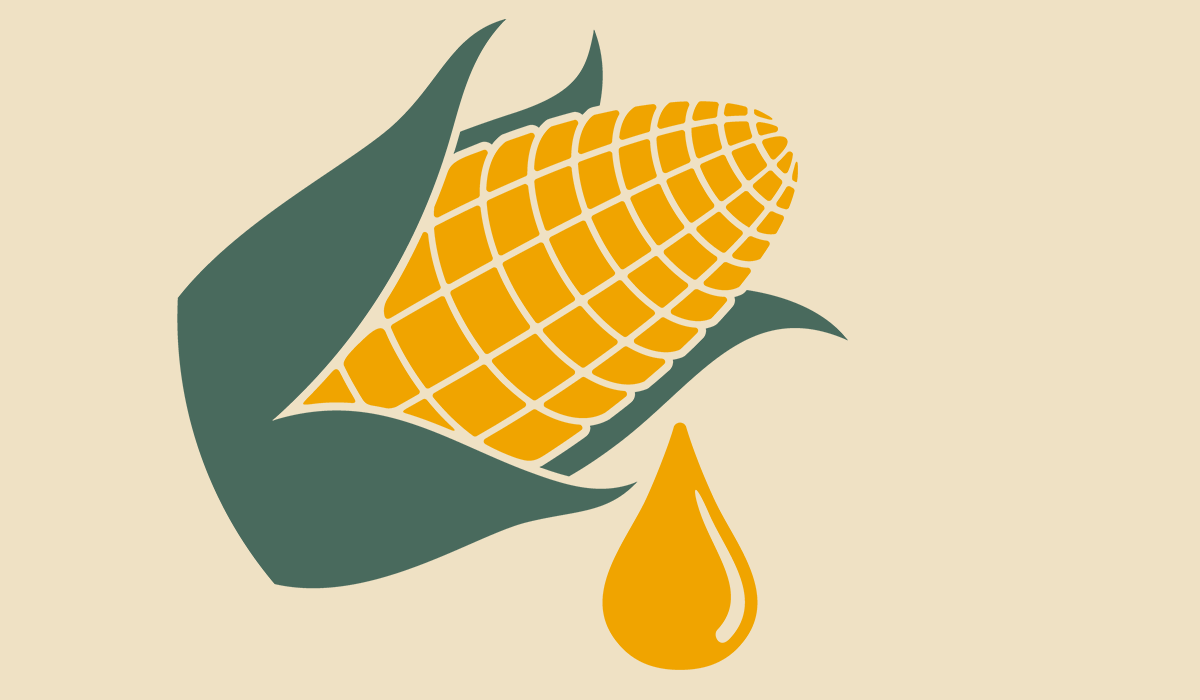
Corn syrup is a popular sweetener that is added to many foods. However, there are some problems associated with this… read more »

Agave has numerous health benefits. The popular agave syrup is considered a good substitute for sugar. But is it? Find… read more »
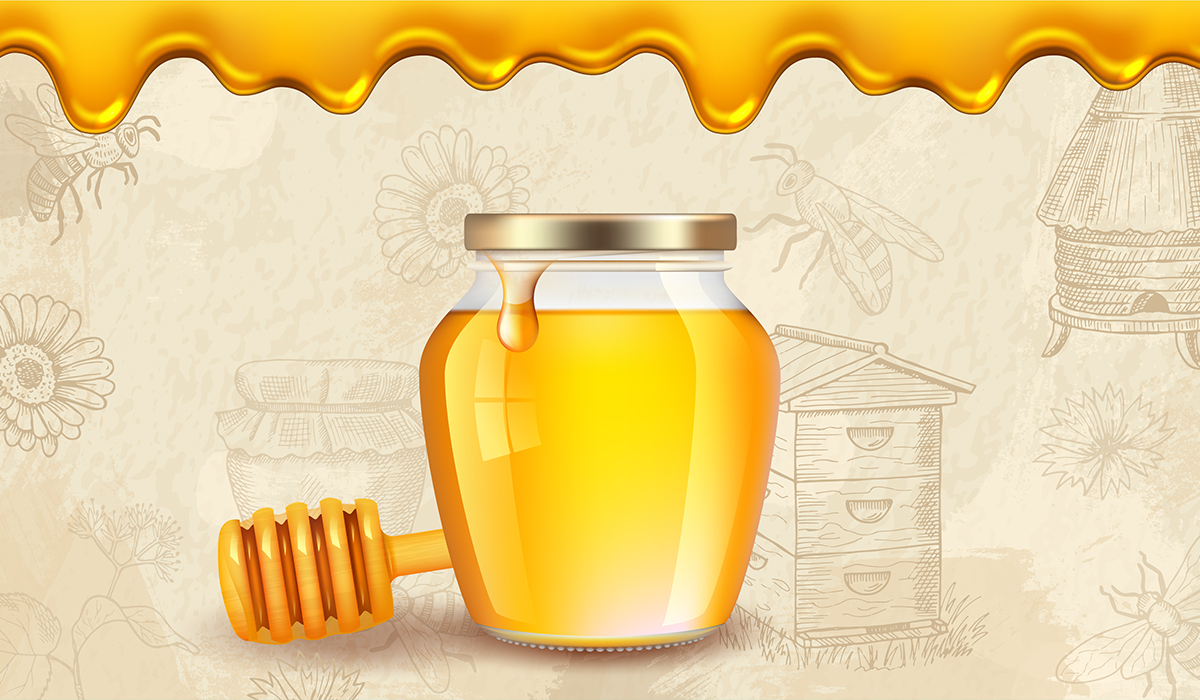
Honey not only delights with its sweet taste, but also has many health properties. Learn about the benefits of eating… read more »
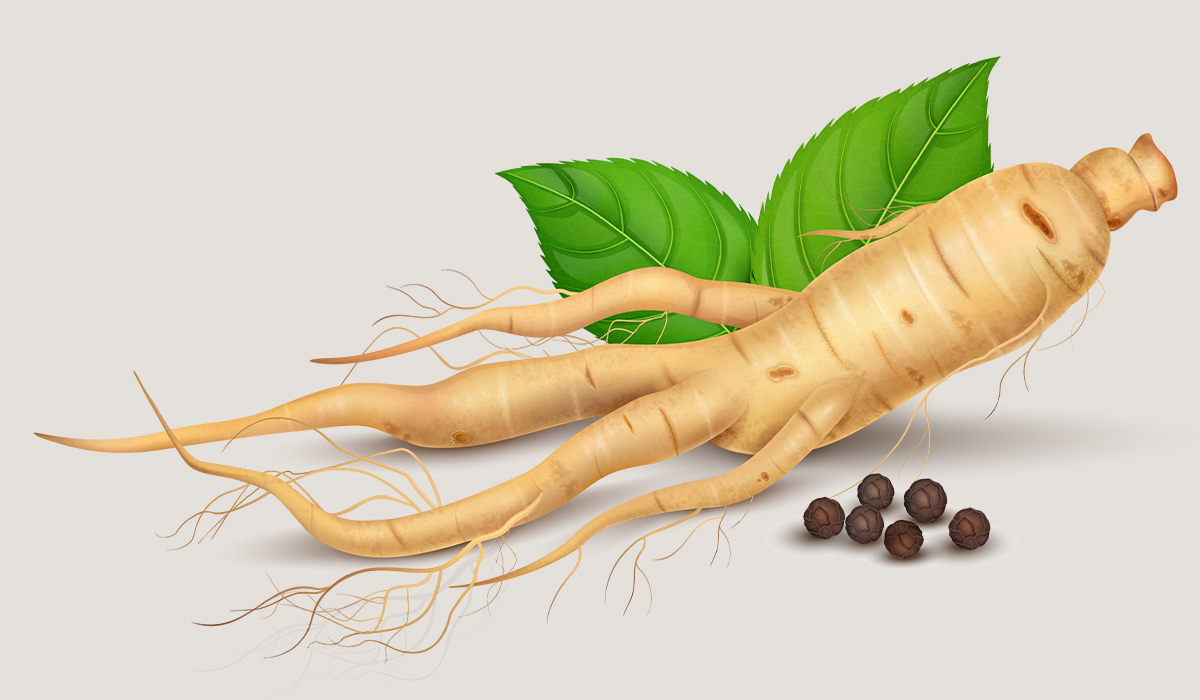
Ginseng is a plant that has been used in Chinese medicine for thousands of years. Today, the plant is still… read more »

Lactic acid is an organic chemical compound used in various industries. Lactic acid bacilli are essential for health. Learn more… read more »

Moringa is a plant with valuable properties. Read about the benefits of consuming moringa leaves. You will also find dosage… read more »
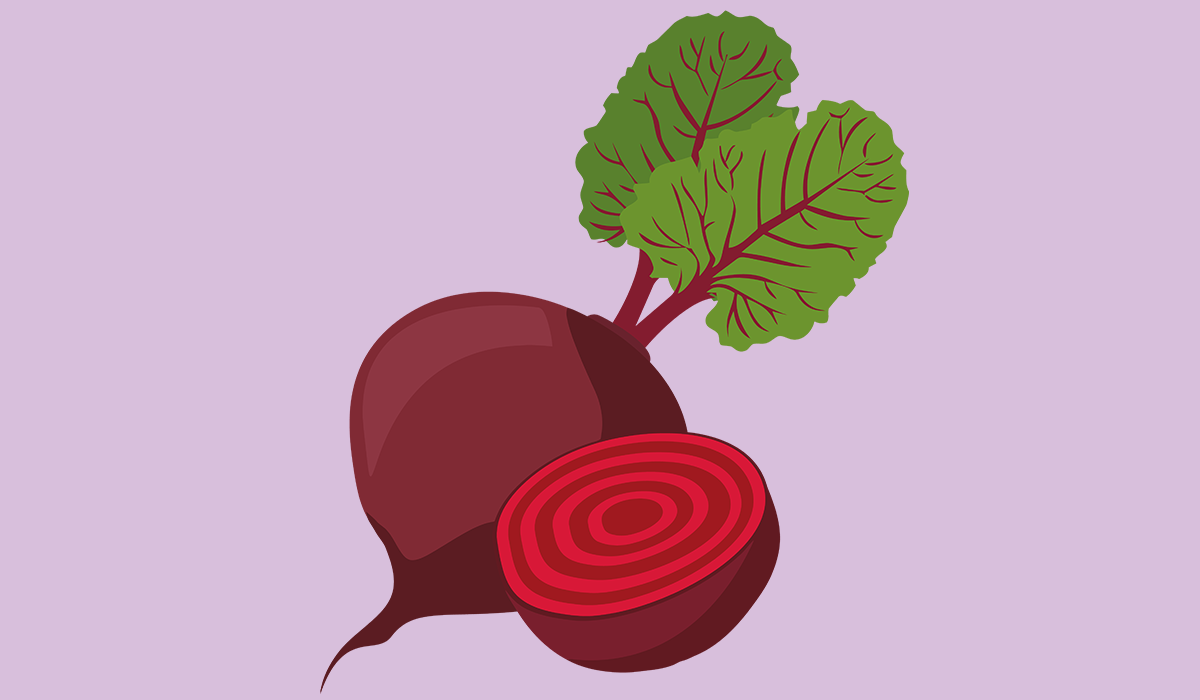
Beetroot is a very healthy vegetable full of many bioactive elements. Learn about the numerous health benefits of these plants… read more »
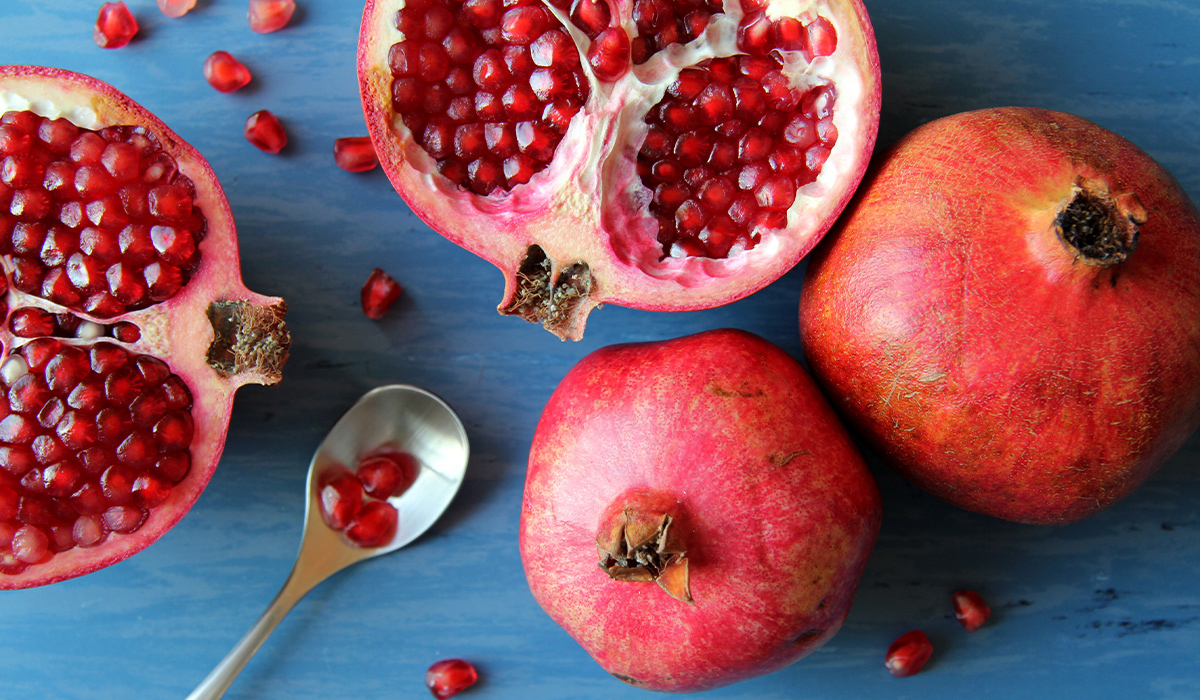
Arils, the edible part of pomegranate, are ruby-colored seeds packed with beneficial nutrients. Adding pomegranate seeds to a diet is… read more »
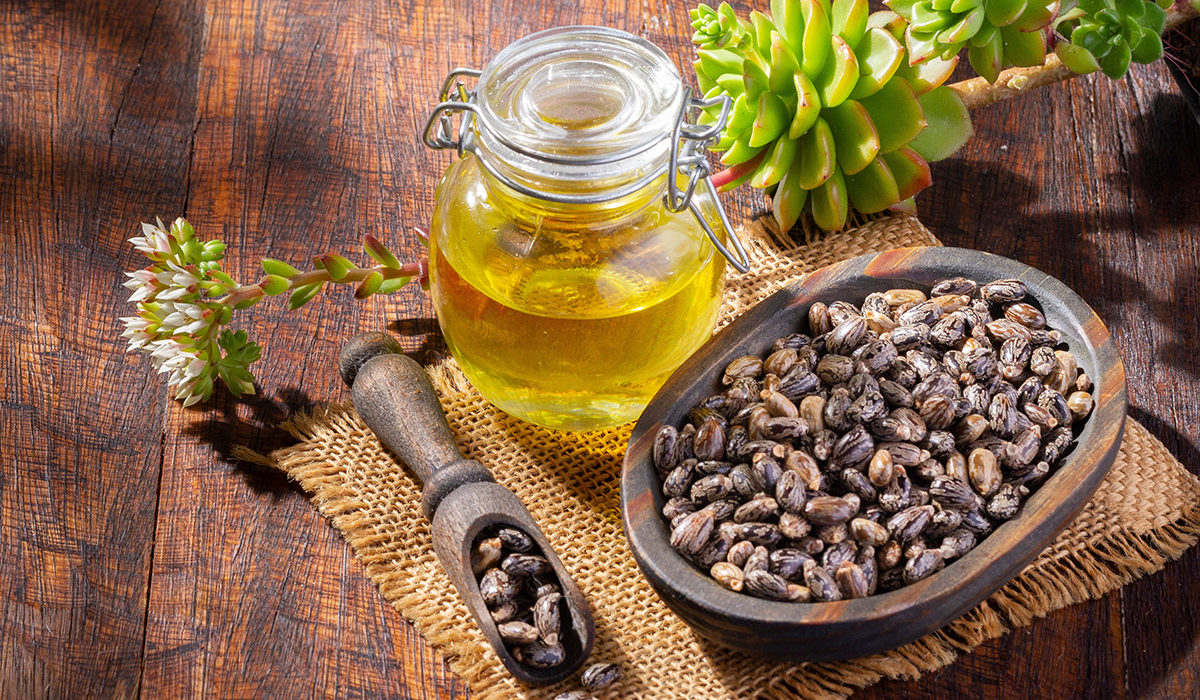
Castor oil has many benefits. It is used as a cosmetic as well as a dietary supplement. Find out how… read more »